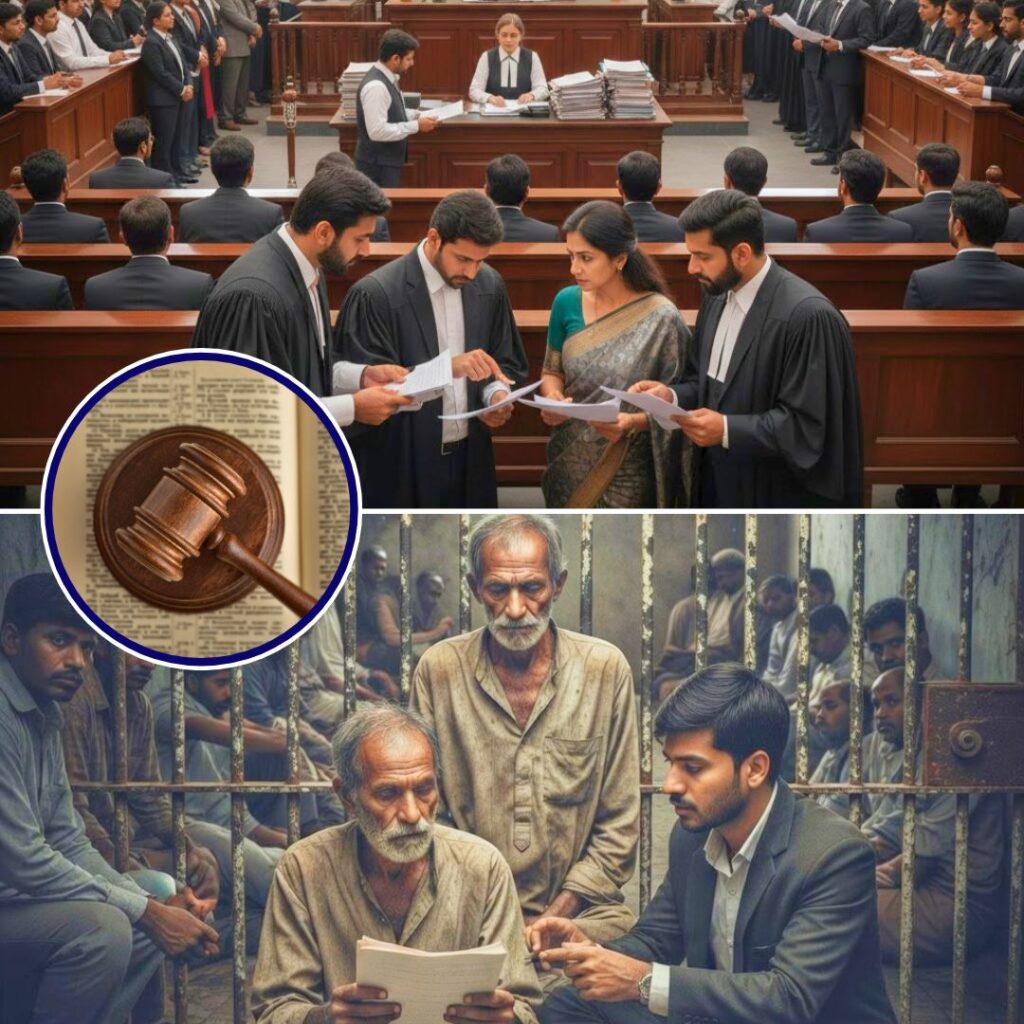An investigation into film actor Sushant Singh Rajput’s death has unfolded the drug abuse angle, leading the Narcotics Control Bureau (NCB) to further probe into alleged Bollywood-connection to the drug trafficking operations.
While the agency is working on following the trail to reveal the nexus, from consumer to peddler to supplier and the ones controlling the practises, certain Bollywood actors have come under the radar of the NCB’s investigations.
In recent developments, the NCB summoned actor Deepika Padukone’s manager Karishma Prakash and a talent management agency’s CEO Dhruv Chitgopekar to scrutinize their association with the drug cartel.
This reportedly happened after a WhatsApp conversation between the actress, named as ‘D’ in the chats, allegedly asking for hash from a person named ‘K’, who is believed to be her manager, went viral. The chats reportedly date back to October 2017.
Soon after the leaked conversations between the duo started making headlines on television news channels, actor Kangana Ranaut took to the social media taking potshots at Padukone’s depression awareness campaign and stating that it might be a consequence of drug abuse.
Repeat after me, depression is a consequence of drug abuse. So called high society rich star children who claim to be classy and have a good upbringing ask their manager ,’ MAAL HAI KYA?’ #boycottBollywoodDruggies #DeepikaPadukone https://t.co/o9OZ7dUsfG
— Kangana Ranaut (@KanganaTeam) September 21, 2020
Taking to Twitter, she wrote, ‘Repeat after me, depression is a consequence of drug abuse. So-called high society rich star children who claim to be classy and have a good upbringing ask their manager,’ MAAL HAI KYA?’ #boycottBollywoodDruggies #DeepikaPadukone.’
After Sushant Singh’s alleged suicide, Deepika who had been vocal about her battle with depression had urged her fans to open up about mental health challenges and to reach out if the needed. While doing so, a number of her social media posts began with ‘Repeat After Me’.
pic.twitter.com/7oSdllrJzE
— Deepika Padukone (@deepikapadukone) June 15, 2020
pic.twitter.com/WN1VflGQ6c
— Deepika Padukone (@deepikapadukone) June 16, 2020
A hashtag of the same name began trending on Twitter, on Thursday, and netizens slammed the actress, trolling her stance on mental health.
Deepika is a depression expert as she suffered a depression bout a decade ago.Similarly I’m a wildlife expert as I suffered a wild monkey bite in class IV. Repeat after me, monkey bite is real.Tell me what expert you became after what you suffered. Use hashtag #RepeatAfterMe.
— THE SKIN DOCTOR (@theskindoctor13) August 19, 2020
Some even went on to call her ‘influential mafia’.
#RepeatAfterMeRepeat After Me:Deepika wanted to divert our attention from a murder to depression suicide.BUT OF COURSE it was a influentional MAFIA. pic.twitter.com/VOmSU3rGWY
— Neha Renavikar (@NeHaReNaViKaR) August 20, 2020
Self proclaimed mental health expert #Deepika tried very hard to push depression theory right after Sushant’s death even without waiting for investigation to conclude and she is hiding now Bollywood is full of fake people #RepeatAfterMe #depression
— Bharat Arya (@silentsailor2) August 19, 2020 TV News Channels Become Judge
However, amid the hullabaloo, it is significant to realise that the television news channels have taken it upon themselves to announce the verdict of an on-going investigation, hitting a new low, with primetime featuring private conversations between individuals. Private digital conversations being broadcasted to the masses.
It is crucial to realise the personal data refers to the information which relates to a person who can be identified from that information falls under the ambit of Article 21 of the Indian Constitution which guarantees to every citizen, the right to privacy as a fundamental right, subject to certain reasonable restrictions.
The relevant laws dealing with data protection in the country are the Information Technology Act, 2000 and the (Indian) Contract Act, 1872.
Under section 72A of the (Indian) Information Technology Act, 2000, disclosure of information, knowingly and intentionally, without the consent of the person concerned and in breach of the lawful contract has been also made punishable with imprisonment for a term extending to three years and fine extending to ₹5,00,000.
The provisions state that the government can direct any of its appropriate agency to intercept, monitor or decrypt data that is generated, transmitted, received or stored in any computer resource. However, this exception to an individual’s right to privacy can be extended only to information pertaining to anti-national activities which can act against national security, breaches of the law or statutory duty.
The Logical Indian Take Notably, the act of sharing private conversations is a breach of data privacy since personal messaging is to keep the issues between two people. Once these conversations are in the public domain, it means that it is ope…













